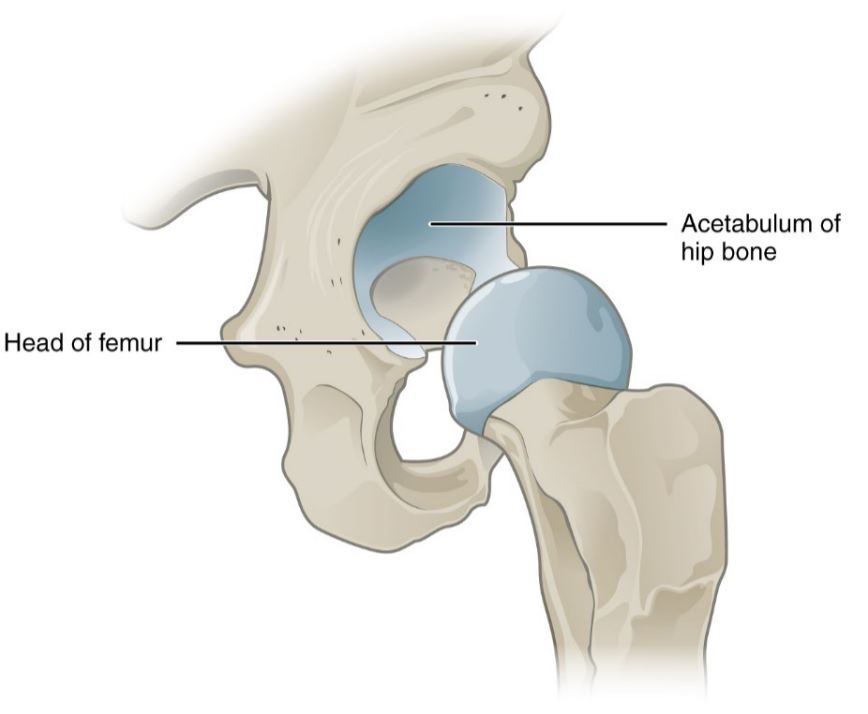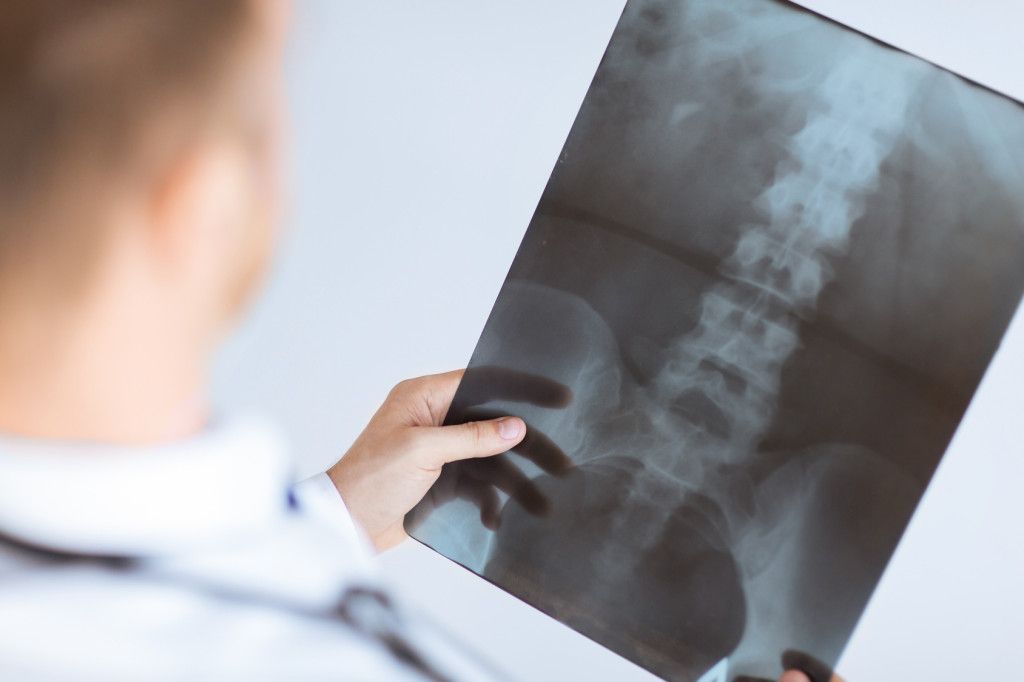The body is meant to handle normal wear and tear injuries. Small bruises or sprains are common for everyone, especially athletes. However, once people get into their retirement age, the body is prone to more injuries. One injury that can hurt the hips is a severe dislocation. If the hips suffer from this condition, the hip joint may physically pop out of place. If the hip dislocates, it can be very painful and stressful. What do you do next? Follow this information about what to do if your hip pops out of place.
How Does the Hip Pop Out?
To throw your hip out, this means that the ball and socket portion of the hip come apart. The ball falls out of its socket and this causes the hip to pop out of place. Unfortunately, once the hip pops out, there is usually a broken bone and serious hip pain. It takes great force for the hip to come out of its socket. If it does, an immediate pain will cover the hip and even extend to the leg. With a hip dislocation, the femur is left vulnerable since it is loose from the rest of the body.
What Should You Do After the Dislocation?
As soon as the hip pops out or dislocates, call for help or visit an emergency room. The hip will be experiencing chronic pain so an urgent care facility can treat the pain before the person receives actual treatment. Do not attempt to pop the hip back in place. After the injury, the entire hip will be sensitive. Attempting to fix the dislocation may cause even more damage. Too much pressure on the thighbone can lead to a hip fracture or permanent nerve damage. Do not walk or put any pressure on the hip either. See a physician who can immediately care for the hip dislocation.
Will the Hip Return to its Normal Position?
Yes, the hip may return to its normal position after much rest and rehabilitation. The treatment and recovery of a hip dislocation all depend on the injury, symptoms, and causes. If it is the first time the hip pops out, the damage may not be too severe. However, if the hip continuously falls out of place, this could be an early symptom of osteoporosis. Since bones lose their density and structure, hips with osteoporosis are easily hurt by dislocations. A physician will need to treat the hip injury, but also the weak bones and chronic hip pain.
Houston Physicians’ Hospital offers emergency care as well as advanced orthopedic services. A hip dislocation can happen quickly, but an expert diagnosis can reveal potential problems that may harm the hips.



